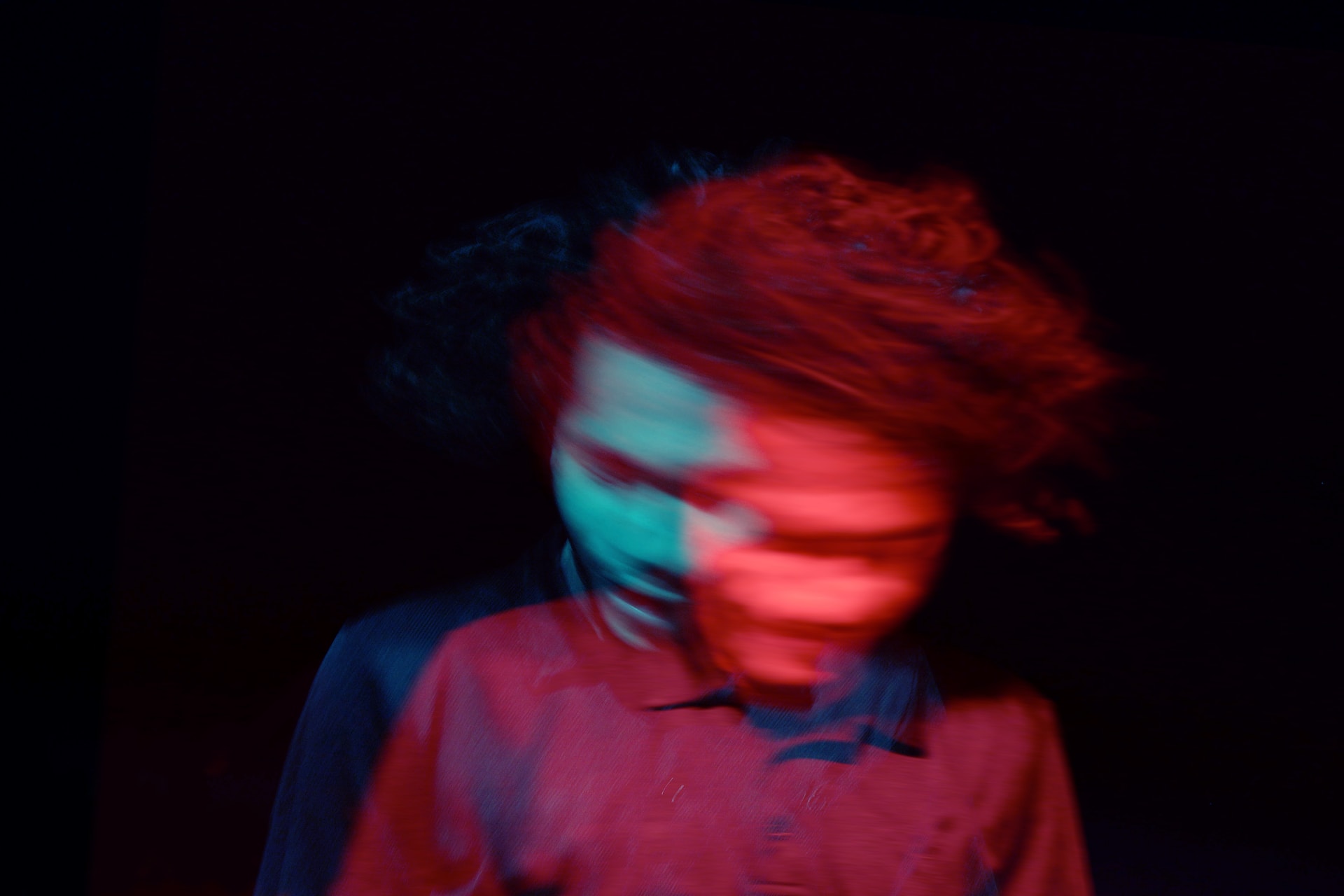By Ashley Barnes, M.S.
What is Dry Drunk Syndrome?
Alcoholism, much like other addictions, can be viewed as a symptom of coexisting mental health struggles such as anxiety, depression, or trauma. Many people turn to substances like alcohol as a way of coping with existing psychological pain and uncomfortable emotions. Drinking, however, does not eradicate this psychological pain; it merely temporarily numbs it. Recovery doesn’t just entail staying sober; it includes addressing the psychological pain that brought the individual to alcoholism in the first place. Alcoholics Anonymous, the creators of the 12-step program, first coined the term dry drunk syndrome. R.J. Solberg defined the term in his book, The Dry Drunk Syndrome, as “the presence of actions and attitudes that characterized the alcoholic prior to recovery” (1993).
What does it look like?
People who experience dry drunk syndrome often quit alcohol on their own without the support of clinicians or specific programs, yet continue to suffer from the psychological pain. Those suffering from dry drunk syndrome often turn to destructive coping habits instead of developing healthier ones.
Common signs of dry drunk syndrome are:
- Resentment towards friends or family.
- Anger and negativity surrounding recovery.
- Depression, anxiety, and fear or relapse.
- Jealousy of friends who are not struggling with addiction.
- Romanticizing their drinking days.
- Being self-obsessed.
- Replacing the addiction with a new vice (e.g. sex, food, and internet use, a.k.a. “process addictions”).
These individuals may also be experiencing post-acute withdrawal symptoms (PAWS). The Semel Institute of Neuroscience and Human Behavior describes PAWS as a set of impairments, often marked by symptoms similar to mood disorders and anxiety disorders, “that can persist weeks or months after the abstaining from a substance of abuse” (2022).
Common symptoms of PAWS:
- Difficulty with cognitive tasks, such as learning, problem solving, or memory recall.
- Irritability.
- Feelings of anxiety or panic.
- Depressed mood.
- Obsessive-compulsive behaviors.
- Difficulty maintaining social relationships.
- Craving originally abused substances.
- Apathy or pessimism.
- Disturbances in sleep patterns.
- Increased sensitivity to stress.
How to help.
Again, many people turn to substances to cope with underlying mental health challenges, highlighting the importance of seeking help from mental health clinicians. Addiction and recovery treatment is available and effective. Many people find 12-step programs that aim for complete sobriety to be very effective, commenting on the sense of community they gain from being a member of those struggling with the same challenges.
More formal psychotherapy can be conducted individually or in a group setting to address alcohol-related challenges and self-destructive behaviors. Addressing the root of psychological pain and developing healthy coping skills is crucial to effective recovery; healing is a process of unlearning coping strategies that harm us (like substance use) and learning coping strategies that will enhance the quality of our relationships and our overall well being.
Psychiatrists specializing in addiction can assist patients looking for substance abuse-related treatment. Some services that addiction psychiatrists provide may entail: outpatient detoxification, medication management services, and anti-craving medication treatment.
Vivitrol, also known as naltrexone, is a common medication prescribed by addiction psychiatrists used to help prevent relapses into drug or alcohol abuse. Addiction psychiatrists can provide referrals to reputable intensive treatment options such as sober living homes and local treatment centers.
If you seek support from a mental health professional, please contact us at the Mental Health Center for sensitive, attentive care. Our Board-Certified Addiction psychiatrists can help.
Resources.
- Alcoholics Anonymous – a cost free “fellowship of people who come together to solve their drinking problem” with the primary goal of helping those achieve sobriety; links to meetings can be found through the website.
- Al-Anon – for those who are “worried about someone with a drinking problem,” providing links to meetings and a community of those who have endured similar experiences.
- SAMHSA National Helpline – 1-800-622-HELP(4352) “a free, confidential, 24/7, 365-day-a-year treatment referral and information service (in English and Spanish) for individuals and families facing mental and/or substance use disorders.”
References
Semel Institute for Neuroscience and Human Behavior. (2022). Post-acute withdrawal syndrome (PAWS). Retrieved April 21, 2022, from https://www.semel.ucla.edu/dual-diagnosis-program/News_and_Resources/PAWS
Solberg, R. W. (1993). The dry drunk syndrome. Hazelden.
Watkins, M. (2022). What is a dry drunk? American Addiction Centers. Retrieved April 21, 2022, from https://americanaddictioncenters.org/alcoholism-treatment/dry-drunk


